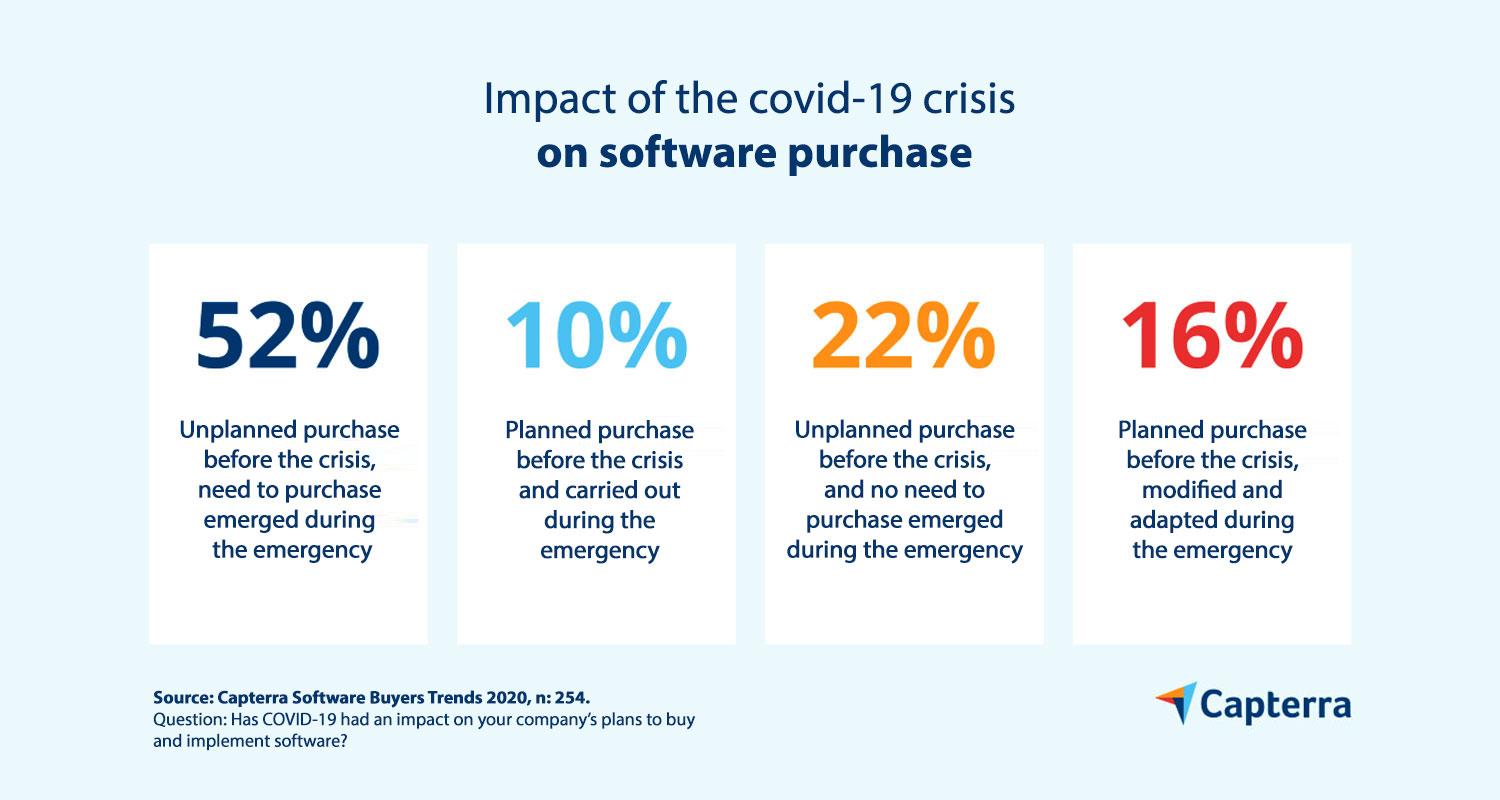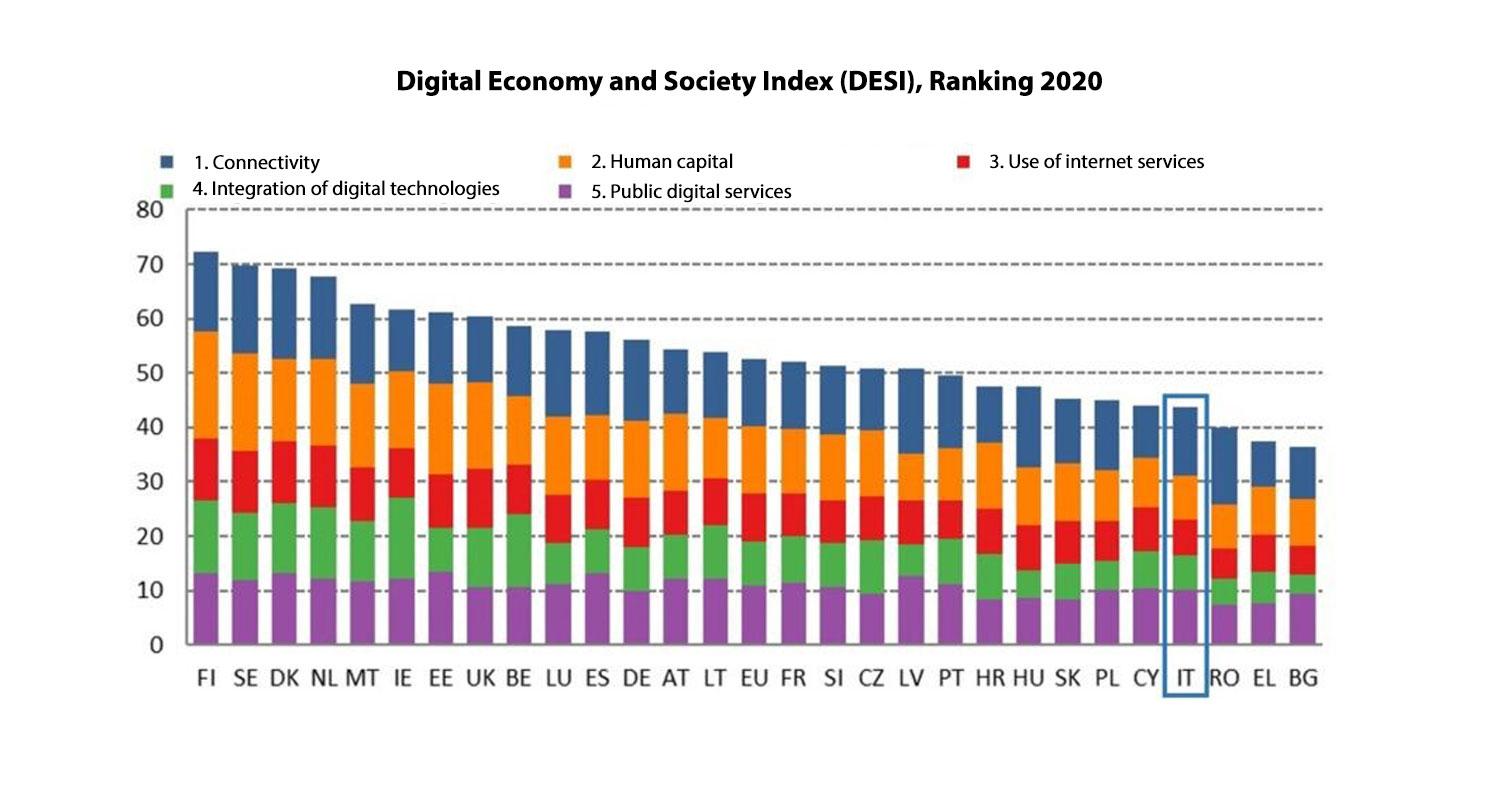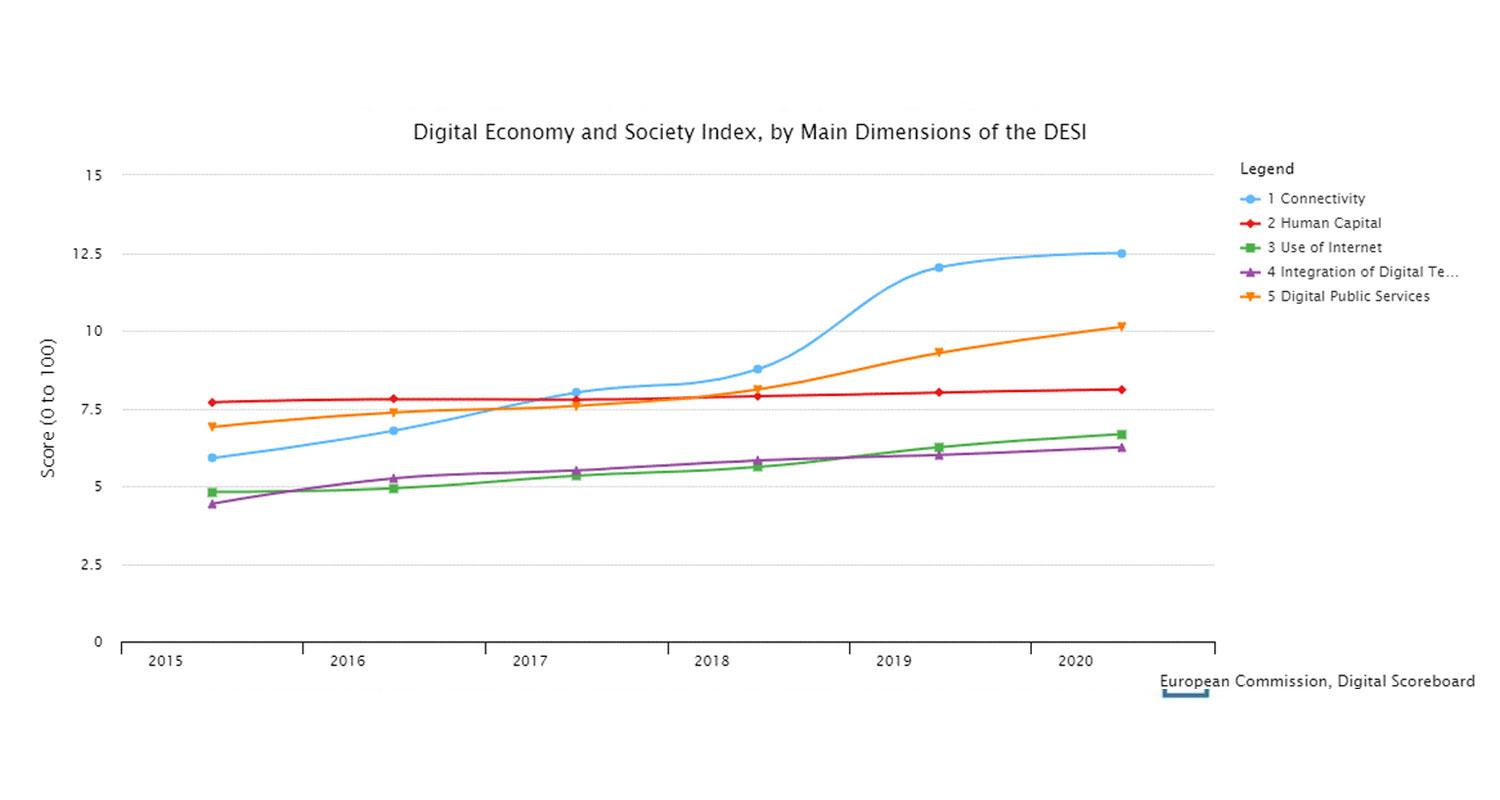
SMEs rushed into the digital race
JULY
2020

Pandemic and digital solidarity to push on digital transformation
Certainly the Covid crisis has stirred up new needs for businesses: in some cases of familiarization/adoption, in the sense that it was a first timid approach to the digital world, in others of implementation/verticalization for companies that had already planned to purchase digital tools and simply went on to implement them.
Many providers on the other hand, in the spirit of #digitalsolidarity and hoping that as far as digitalization is concerned no steps back will be taken from now on, have offered many free advanced tools useful for dealing with the emergency: from software tools for securely managing smart working, to those for organizing meetings, to programs that guarantee normal corporate organizational processes, often including also training and assistance, which in Italy are vital to truly support SMEs.
According to the survey, this is therefore a period in which SMEs are seriously considering what to do with wider time horizons and thinking sideways. The issue (hopefully) is to not only face the difficulties of the current moment but to put solid foundations within their organizations in terms of digital transformation. And if 39% are still studying the digital aspect in general, 31% are already aware of how fundamental it is to be “digital" and are already in the process of scouting and evaluating the digital solutions to be acquired.
Training and digital skills: territories to be monitored and to invest in
Together with the choice of which software to be implement in their company, SMEs were inevitably confronted the danger of cyber-attacks, made even more serious by the widespread use of unsafe private networks and the lack of adequate training. This led, in the general hastiness of having to immediately "find" solutions that could guarantee employees a tool to work from home, to the - hasty and sometimes careless - adoption of tools often unsafe from the point of view of data and document protection. This highlighted the different degrees of awareness regarding the "world of cyber security" and the training it requires: some have started to become familiar with acronyms such as VPN or with problems such as phishing, others have not yet had the time to adapt in these few months, to face the impact of remote work more serenely.

DESI index, Italy in fourth last place: human capital as a card to bet on?
The thought inevitably goes to that 25th place (out of 28) of Italy, as stated in the latest edition of the Desi index (Digital Economy and Society Index) that monitors the degree of economic and social digitization on a European level. Italy, sadly in front only of Romania, Greece and Bulgaria, is petrified in a position of "digital Middle Ages". Among all the parameters taken into consideration by the Report, perhaps the most worrying for our country is precisely the lack of digital skills (from the use of the Internet to the most advanced digital skills to use online services) which relegates Italy to last place in Europe and which would seem to inhibit Italy's decisive cultural leap and related actions that would make the difference.
And this despite the fact that in Italy, especially in the Covid period, many e-government initiatives have been implemented for citizens (digital public services directed to schools, healthcare and simplified online procedures) and the Agency for Digital Italy has strongly suggested that small and big players of the digital world offer their services free of charge to facilitate the penetration into the SMEs.

And this resistance to the use of the web and its use brings with it aftermath in the relationship that Italians have with the Net. This is why the training of our human capital, our training, is probably the card where to focus investments, time and resources so as to definitively shake off that negative prejudice of the "Net Insecurity" that still imprisons us. Shorter time horizons in which to concentrate concrete and creative efforts that lead, step by step, towards the liberation from digital inadequacy.
SG







